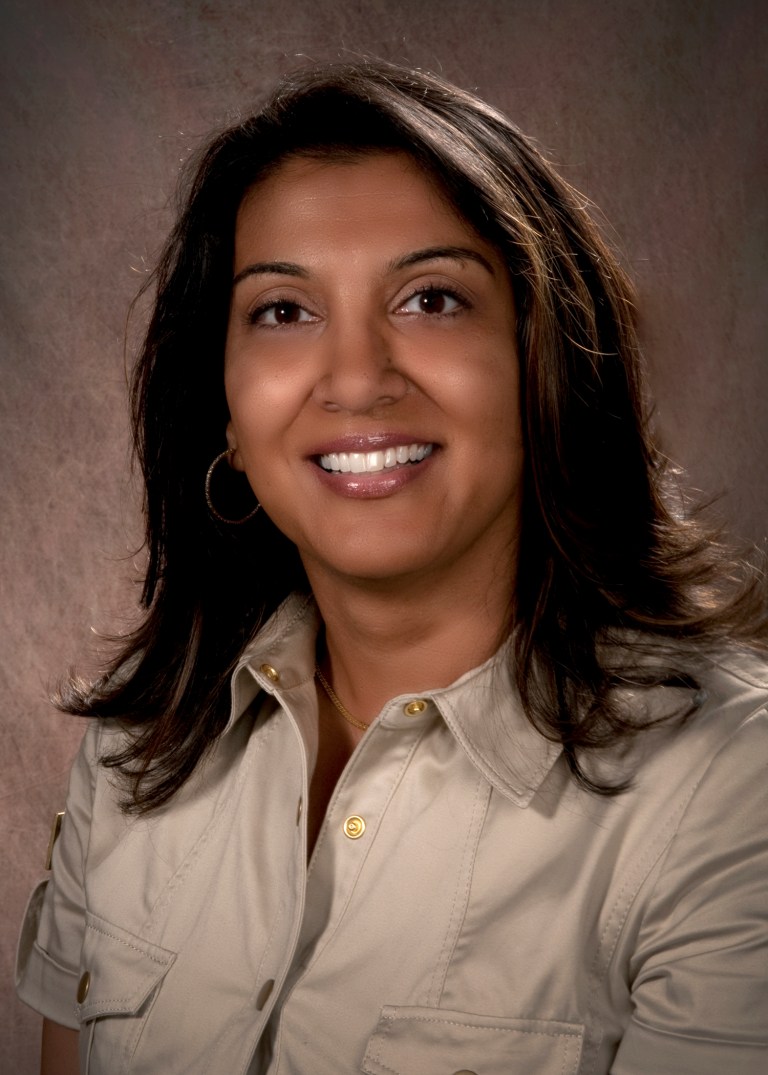
Sharmine Persaud is admitted to practice law before the following courts:
• Eastern District of New York
• Southern District of New York
• United States Court of Appeals for the Second Circuit
• Supreme Court of the United States
• Court of Appeals for Veterans Claims Bar Association
Sharmine Persaud was born and raised in London, England. She graduated from Long Island University in 1986 and Syracuse University-College of Law in 1989. She has been licensed to practice law in New York since 1990.
Sharmine has an active federal practice and is admitted to the Southern and Eastern Districts of New York and the Second Circuit Court of Appeals. She was admitted to practice law before the United States Supreme Court in June 2001. In 2012, she was admitted to practice law before the United States Court of Appeals for Veterans Claims.
Sharmine’s law practice is solely dedicated to representing the injured, disabled individual, and service-connected veterans and military families.
Sharmine is an active member of NOSSCR ( National Organization of Social Security
Representatives and was elected Second Circuit Board Member from 2011-2013. In addition, she is also an active member of NOVA ( National Organization of Veterans’ Advocates).
She is also a member of IWBA (Injured Workers’ Bar Association).
Sharmine is also a member of the Suffolk County Bar Association, where she held the position of Co-Chair of the Social Security Disability and Workers’ Compensation Committee from 2009 to 2011.
Sharmine is married to a dedicated Public-School Teacher, and they have a 17-year-old daughter. The family pet is a five-year-old Cockapoo.
Her law practice includes Federal Court appeals, where she has successfully argued cases in Federal Court. In February 2010, she argued Primiani v. Astrue. This case was reversed and remanded solely for the calculation of benefits.
More recently in March 2020, Sharmine was again successful in arguing the case of Riccobono v. Saul, 796 F. App’x 49 (2d Cir. Mar. 4, 2020) – where the court remanded based on ALJ’s failure to base her RFC on a medical opinion, as opposed to relying on her own lay interpretation of the diagnostic tests and other non-medical evidence.
Citing Balsamo, the court found the ALJ over-relied on the plaintiff’s past ability to exercise and play sports. The court also held the ALJ was obligated to develop the record to fill any gaps created by perceived inconsistencies in the medical opinions.






